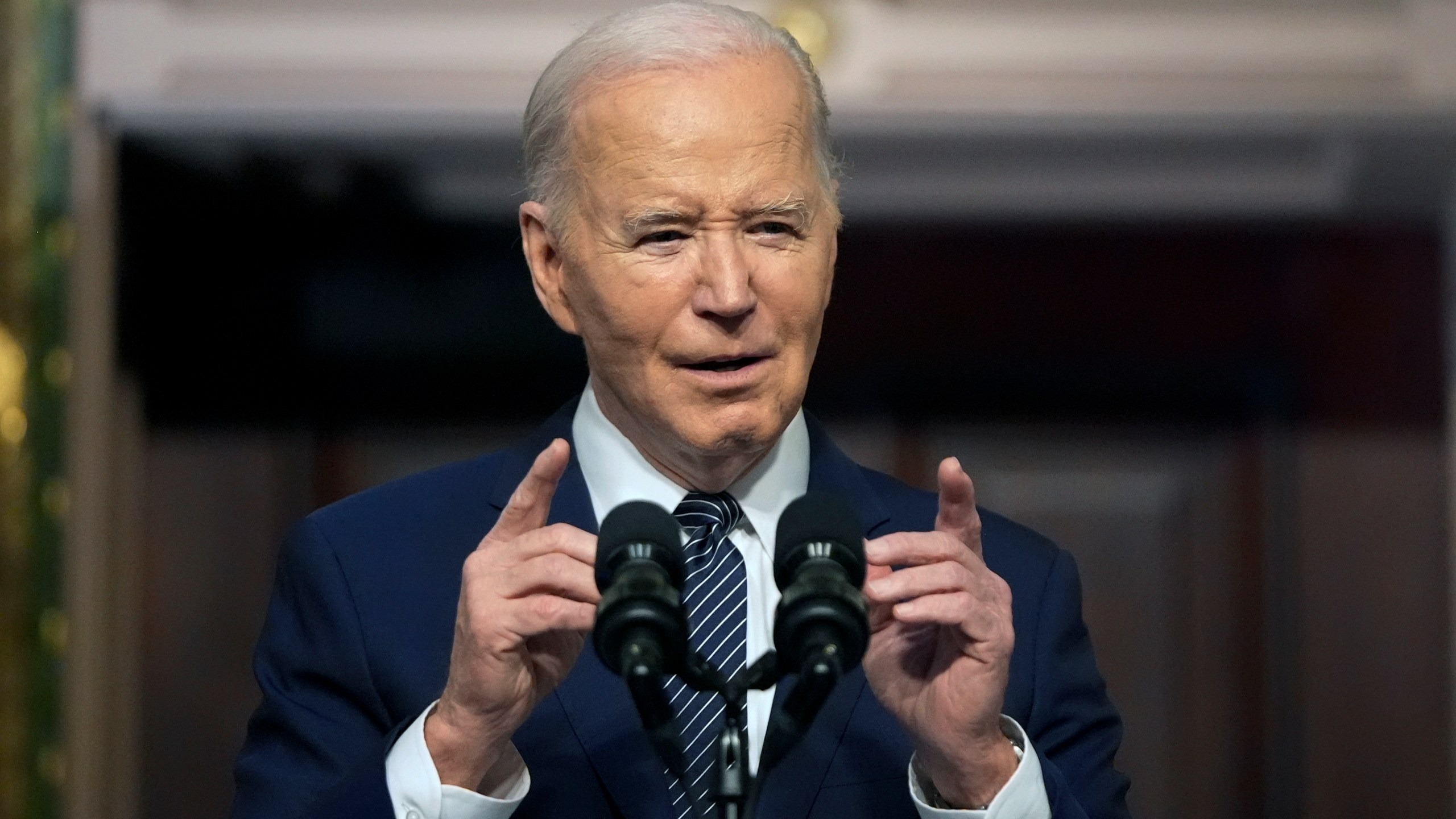The Department of Education has exposed President Joe Biden’s latest plan for student loan debt forgiveness, aimed at bringing relief to over 30 million borrowers. Published in the Federal Register on Wednesday, the proposal marks the beginning of a 30-day public comment period as part of the federal rulemaking process.
This initiative represents Biden’s second attempt to fulfill his campaign promise of widespread student loan debt forgiveness.
His initial plan, introduced in 2022, was intended to provide up to $20,000 in relief to individual borrowers with incomes below $125,000. However, it was invalidated by the Supreme Court in August following a lawsuit filed by six Republican state attorneys general.

In this new proposal, the administration seeks to utilize the Higher Education Act, which established financial assistance programs for colleges and universities, to implement the debt forgiveness plan instead of relying on executive action, as attempted in 2022.
Outlined in the draft are nine rules allowing for various types of waivers using the secretary of education’s authority under the Higher Education Act. Eight of these rules pertain to loans held by the Department of Education, while the ninth addresses commercially held loans in the Federal Family Education Loan Program.
As announced by Biden on April 8, the proposal aims to cancel up to $20,000 in interest for over 25 million borrowers who owe more than their original loan amounts, regardless of income.
Eligibility reportedly extends to individuals enrolled in the Saving on a Valuable Education (SAVE) repayment plan and other income-driven repayment plans. This includes single borrowers earning $120,000 or less and married borrowers earning $240,000 or less.

However, the proposal has faced opposition, with seven state attorneys general, led by Missouri Republican Andrew Bailey, filing a lawsuit against it on April 9. Bailey expressed concerns about the costs associated with the SAVE repayment plan, estimating it would amount to $475 billion in taxpayer expenses.
Bailey criticized Biden’s approach, characterizing it as disregarding the authority of the Supreme Court and posing a constitutional crisis. He emphasized the need for accountability and adherence to the separation of powers outlined in the Constitution.


